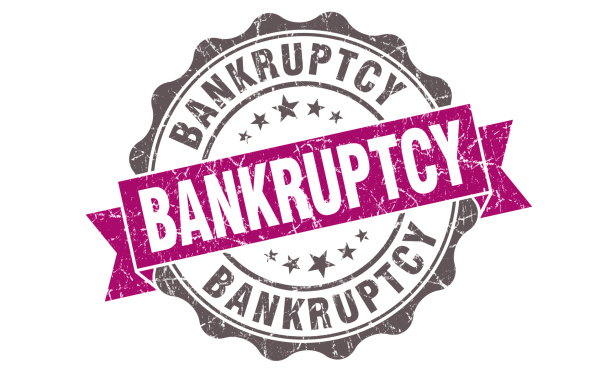Like all legal matters, it appears that the speed of restructurings and bankruptcy administration is accelerating. The case is filed, the business and assets are promptly sold, and then lawsuits are brought by allegedly aggrieved parties against insiders, professionals and others asserting claims for damages resulting from the failure of the business and resulting bankruptcy. These state and federal court “wrongful-death actions,” as we characterize them, often go on for years, but the bankruptcy filing and disposition of the debtor’s business and assets are rarely overturned. An exception to this typical scenario occurred in a recent decision of the U.S. Court of Appeals for the Eleventh Circuit. In Wortley v. Chrispus Venture Capital LLC (In re Global Energies LLC), No. 13-11666 (11th Cir. August 15, 2014), the court vacated an order confirming a bankruptcy sale entered in 2012, and remanded the matter back to the bankruptcy court for myriad matters, including punitive measures.
Involuntary Bankruptcy Utilized to Transfer Assets
According to the opinion, Joseph G. Wortley, James Juranitch and Richard Tarrant shared ownership in the debtor, Global Energies LLC, which marketed plasma technologies Juranitch had developed. Wortley and Juranitch owned their stakes, but Tarrant held his interest through Chrispus Venture Capital LLC. At some point, the partners disagreed on how to proceed with the business, and in mid-2010, Juranitch and Tarrant “hatched” a plan to wrest Wortley’s interest from him by having Chrispus, which claimed it held debt, file an involuntary bankruptcy against Global.



